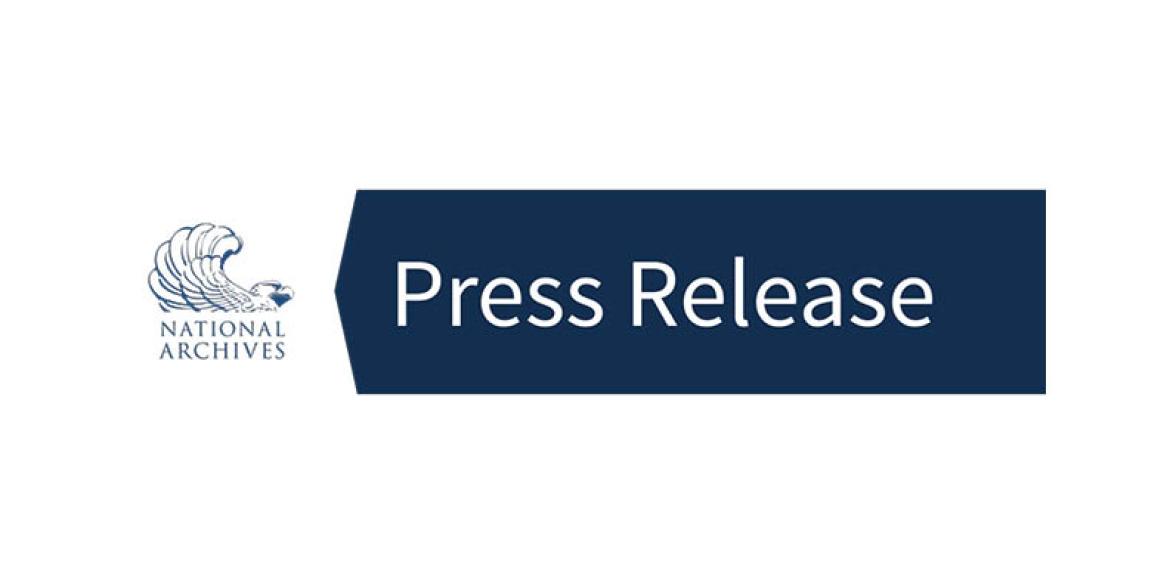
National Archives Expands Joint Digitization Effort With Ancestry: Millions of Historical Records Held by the National Archives to be Digitized and Made Accessible Through Public-Private Collaboration
WASHINGTON, DC
The National Archives and Records Administration (NARA) today announced a new multiyear agreement with Ancestry to digitize, index, and publish tens of millions of historical United States records, previously unavailable online.
“The National Archives is the nation’s record keeper, and we hold billions of stories in our collection. Our mission is to preserve, protect, and share those stories with all Americans,” said Dr. Colleen Shogan, Archivist of the United States. “Our collaboration with Ancestry is a great example of a public-private partnership. By working together, we will digitize millions of records from our holdings and make them available to the public.”
The records to be digitized include U.S. military morning reports from World War II; Selective Service draft cards covering the post–World War II draft registration between 1948 and 1959; naturalization and immigration records held at the National Archives at San Francisco, CA; records held in San Francisco, CA, related to Asian Americans; and records held at the National Archives at Denver, CO, relating to Native Americans. The scope and depth of these records reflect the richness and diversity of America’s history.
Since 2008, the National Archives and Ancestry have collaborated to make important historical records more available to the public. The digitization of these records since the beginning of this collaboration and their availability through both the National Archives Catalog and the Ancestry platform help the public more easily find and access pieces of the nation’s, and their families’, history.
Today, the Archivist of the United States and Howard Hochhauser, Chief Financial Officer and Chief Operating Officer at Ancestry, officially signed an agreement to continue and expand the successful public-private collaboration. The new agreement documents the commitments by both the National Archives and Ancestry to digitize tens of millions of historical records.
“We’re honored to take a leading role in preserving the story of America through this agreement with the National Archives,” said Hochhauser. “Given their role as the holder of the country’s largest and most distinguished collection of records, this collaboration reinforces Ancestry’s commitment to expand accessibility to historical records.”
Additional collections and projects will be identified, agreed, and announced between the parties under this agreement. Records from Record Group 21, Military Petitions for Naturalization, 1918–1947, will be scanned beginning this month at the National Archives at San Francisco.
Learn more about how the National Archives works with other organizations to digitize and make available National Archives holdings. A list of current digitization projects is online.
For press information, contact the National Archives Public and Media Communications Office at public.affairs@nara.gov
About the National Archives
The National Archives and Records Administration is the nation's record keeper. It safeguards and manages the official records of the U.S. Government, ensuring the documentation of our nation's history. Online visitors can explore millions of digitized documents, photographs, films, and more in the National Archives Catalog at catalog.archives.gov.
About Ancestry
Ancestry, the global leader in family history, empowers journeys of personal discovery to enrich lives. With its unparalleled collection of more than 60 billion records, over 3 million subscribers, and over 25 million people in its growing DNA network, customers can discover their family story and gain a new level of understanding about their lives. Over the past 40 years, Ancestry has built trusted relationships with millions of people who have chosen it as the platform for discovering, preserving, and sharing the most important information about themselves and their families.
